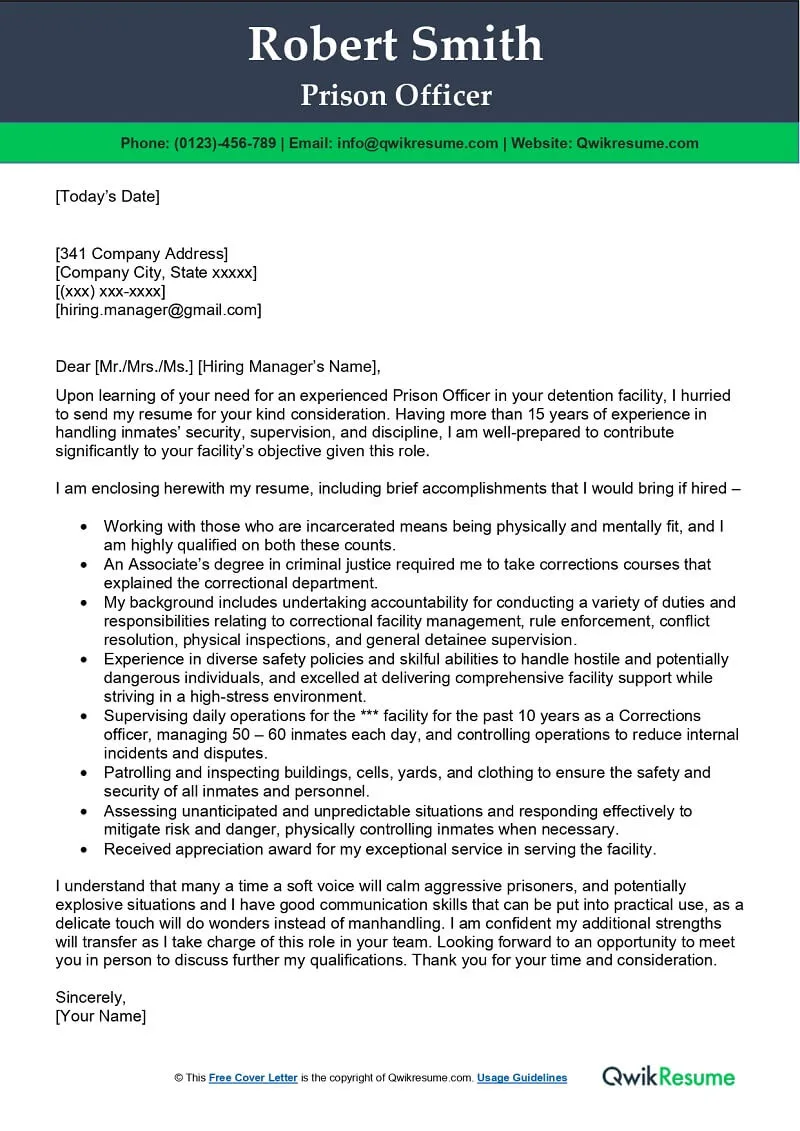Essential Components of a Corrections Officer Cover Letter
A well-crafted corrections officer cover letter is your first opportunity to impress potential employers and secure an interview. It goes beyond simply listing your qualifications; it’s a chance to showcase your personality, passion, and suitability for the role. To maximize your chances of getting hired, it is important to understand the essential components of a compelling cover letter. This includes a clear presentation of your contact information, a professional greeting, a compelling summary of your skills and experience, a demonstration of your personality and fit within the organization, and a strong call to action.
Contact Information Section
The contact information section is crucial for providing easy access to your details. This section must include your full name, address, phone number, and professional email address. It is important to ensure that this information is accurate and up-to-date, as any errors can prevent the employer from contacting you. This section should be neatly presented, typically at the top of the letter, allowing the recruiter to quickly find your contact information.
Applicant’s Contact Details
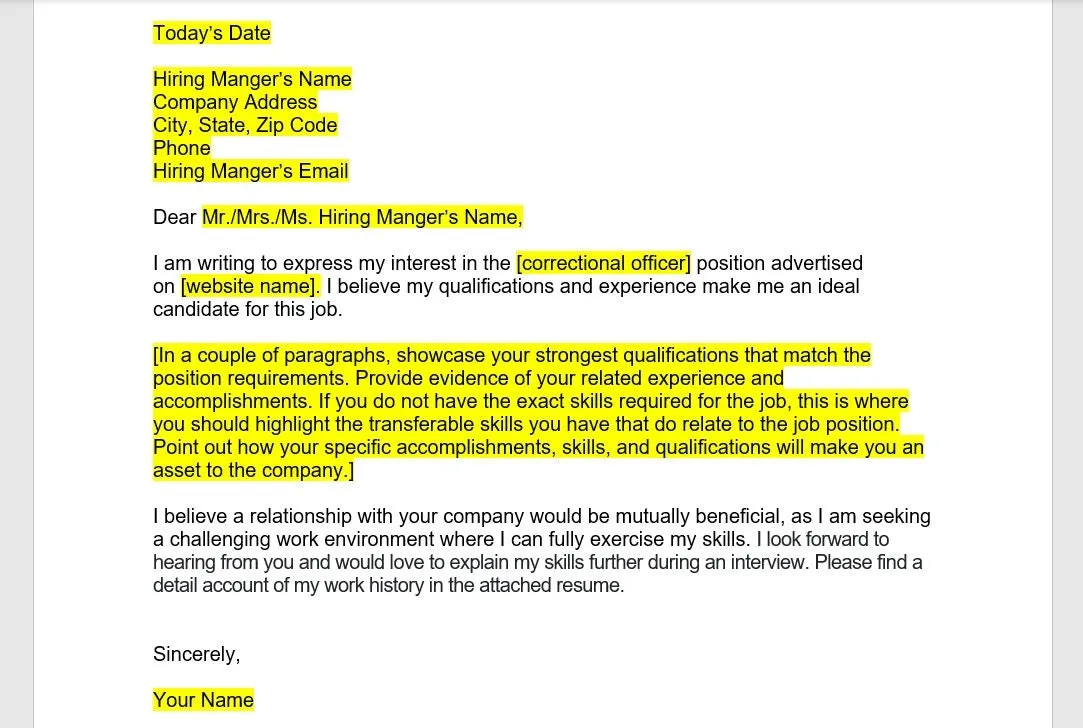
Your contact details must be placed at the top of the letter. Include your full name, current address, phone number, and a professional email address. Ensure your email address is professional and reflects your commitment to the role. Proofread all information carefully to avoid any errors that could hinder the hiring process.
Hiring Manager’s Contact Details
If available, include the hiring manager’s name, title, and the organization’s address. Researching the hiring manager’s name demonstrates your initiative and attention to detail. If you cannot find the specific name, address the letter to the ‘Hiring Manager’ or ‘Recruitment Team’. This shows professionalism and effort in your application, making it easier to be noticed. Check the company’s website or LinkedIn to find the contact information.
Professional Greeting
The greeting sets the tone for your cover letter. Use a formal greeting like ‘Dear Mr./Ms./Mx. [Last Name]’ if you know the hiring manager’s name. This personal touch indicates you’ve done your research. If the name is unavailable, ‘Dear Hiring Manager’ is an appropriate alternative. Ensure the greeting is respectful and professional. This initial interaction can significantly affect the reader’s perception of your application.
Addressing the Hiring Manager
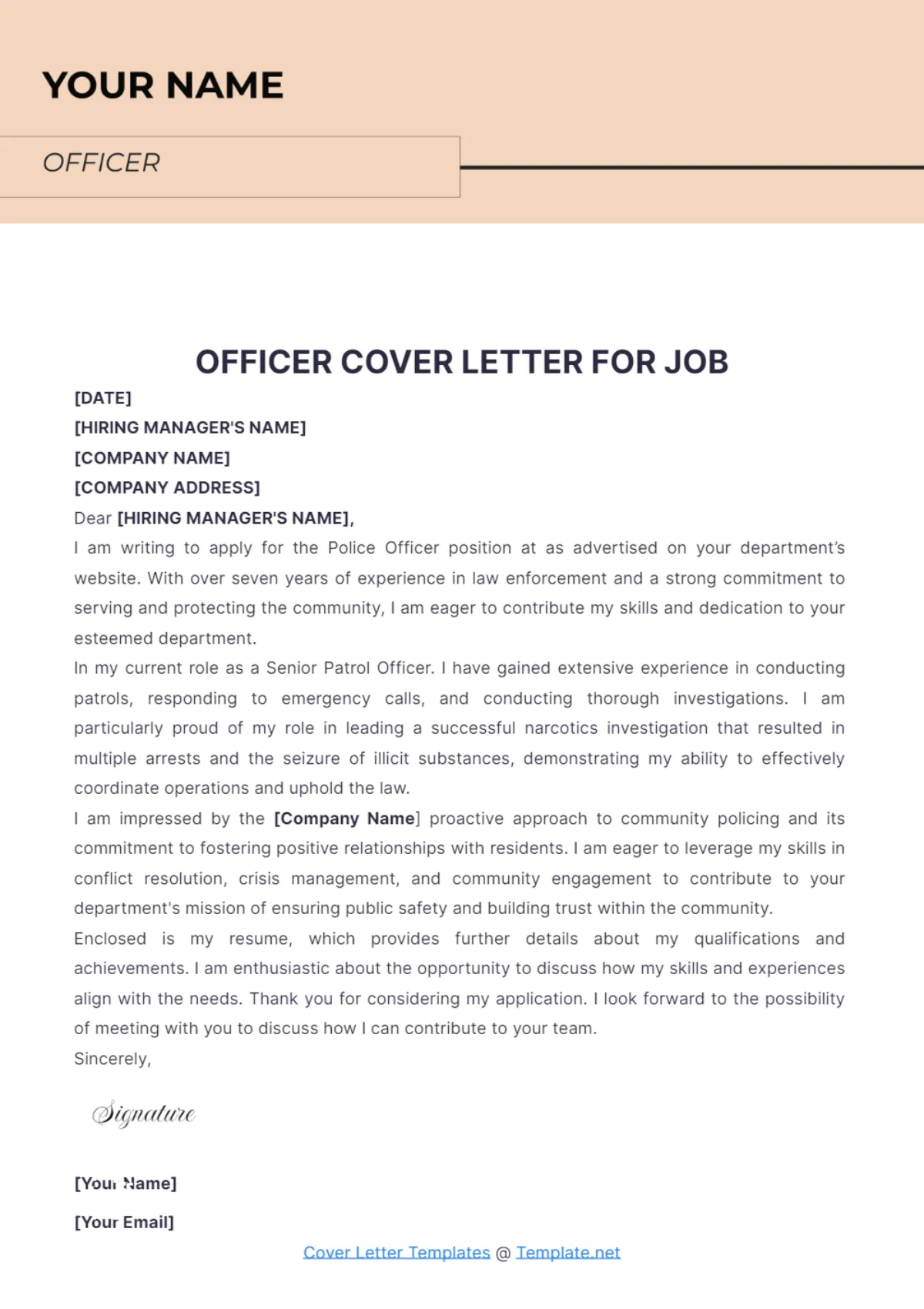
Addressing the hiring manager by name shows that you’ve taken the time to personalize your cover letter. Researching the hiring manager’s name demonstrates your attention to detail and your genuine interest in the position. This personalization makes your application stand out from generic submissions. If the hiring manager’s name is not readily available, use a professional title such as ‘Hiring Manager’ or ‘Recruitment Team’.
Avoid Generic Greetings
Avoid generic greetings such as ‘To Whom It May Concern.’ This greeting is impersonal and suggests you haven’t taken the time to tailor your letter to the specific employer. Personalizing the greeting with the hiring manager’s name or a specific title is always preferred. Tailoring the greeting demonstrates your genuine interest and professionalism, making a positive first impression.
Highlighting Your Skills and Experience
This section is the heart of your cover letter, where you showcase your suitability for the corrections officer role. Focus on your relevant experience and the skills that align with the job requirements. Use specific examples to demonstrate how you’ve applied these skills in previous roles. Make sure to quantify your achievements whenever possible to provide concrete evidence of your abilities. This detailed account convinces the employer of your capabilities and makes a strong case for your candidacy.
Emphasizing Relevant Experience
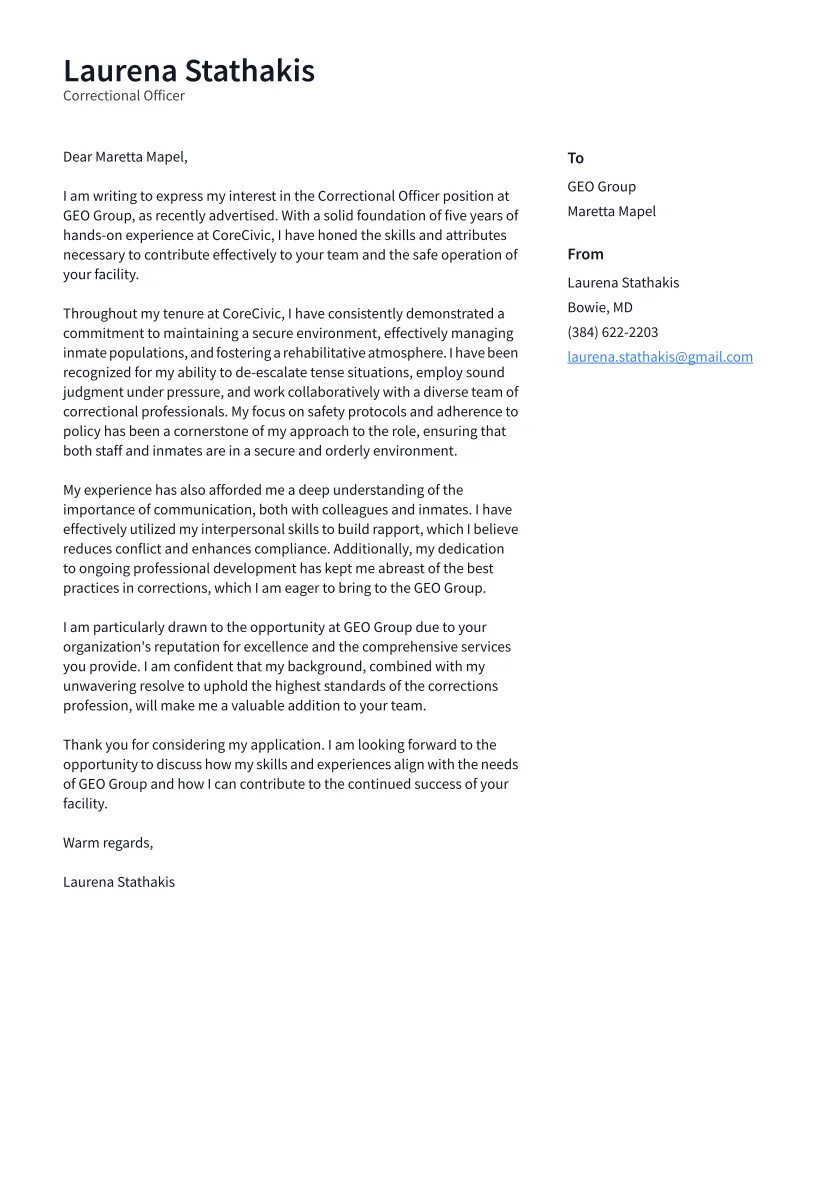
Highlight the experience that aligns with the corrections officer position. If you have experience in law enforcement, security, military service, or any role that involves responsibility and discipline, showcase this. Emphasize transferable skills like conflict resolution, communication, and the ability to remain calm under pressure. Tailor your examples to match the specific requirements mentioned in the job posting. This section provides the most compelling evidence of your suitability for the role. Explain how your past experiences have prepared you for the challenges of being a corrections officer.
Detailing Previous Roles
Provide a brief overview of your previous roles and responsibilities. Focus on the tasks and duties that are relevant to the corrections officer position. Use action verbs to describe your achievements and responsibilities. Explain how your experiences in previous roles have prepared you for the challenges of being a corrections officer. Avoid simply listing duties. Instead, provide concise descriptions of your key responsibilities and achievements, making each point clear and relevant.
Quantifying Achievements
Whenever possible, quantify your achievements to provide concrete evidence of your abilities. Instead of saying ‘Improved security,’ state ‘Improved security by implementing new protocols, resulting in a 15% reduction in security incidents.’ Use numbers and statistics to demonstrate the impact of your work. Highlighting these specific results makes your achievements more compelling and memorable. Use numbers to show the impact of your actions and experiences.
Showcasing Key Skills
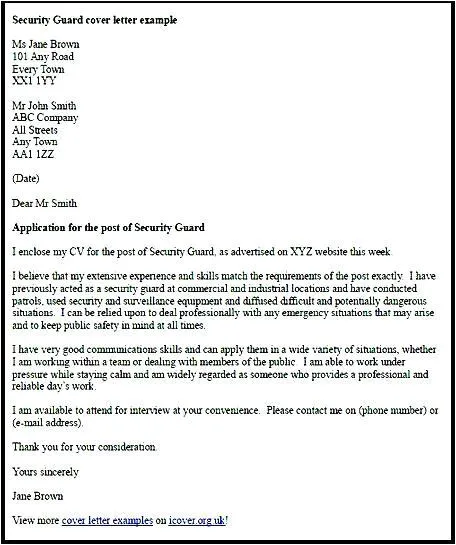
Identify and highlight the key skills that are essential for a corrections officer. Tailor your skills section to match the specific requirements listed in the job posting. Provide evidence of your abilities, such as specific situations where you’ve demonstrated these skills. Include skills like communication, problem-solving, physical fitness, and the ability to remain calm under pressure. This section directly demonstrates your ability to succeed in the role.
Communication Skills
Communication is crucial in a corrections officer role. Highlight your ability to communicate effectively, both verbally and in writing. Give examples of how you’ve used your communication skills to de-escalate situations, provide instructions, and write clear and concise reports. Explain how your strong communication skills contribute to maintaining order, resolving conflicts, and building positive relationships with inmates and colleagues. Provide specific examples of how you have used communication skills in the past.
Problem-Solving Abilities
Corrections officers frequently face complex situations that require quick thinking and effective problem-solving. Provide examples of how you have successfully resolved conflicts, handled emergencies, and made sound decisions under pressure. Demonstrate your ability to analyze situations, identify potential risks, and implement effective solutions. Highlight how you have used problem-solving skills to improve safety and security in previous roles. Include specific instances where you have had to think on your feet to solve problems.
Physical Fitness and Stamina
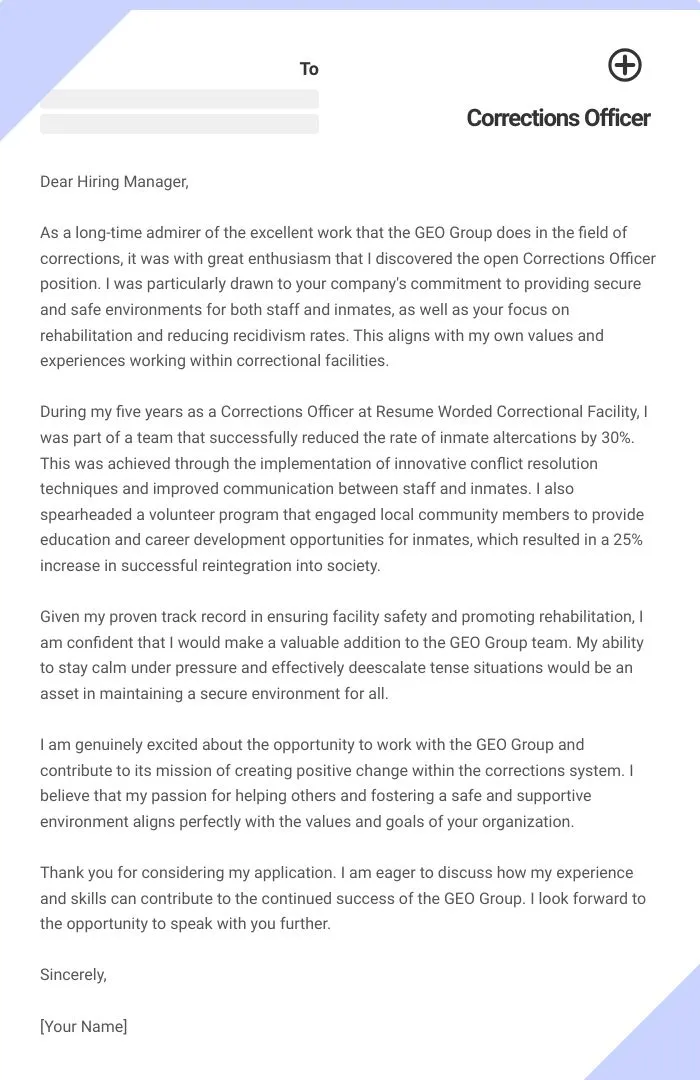
Being a corrections officer is physically demanding. Highlight your physical fitness and ability to handle the physical challenges of the job. Describe your fitness regimen and any relevant certifications, such as self-defense or first aid. Be honest about your fitness level and emphasize your commitment to maintaining a high level of physical readiness. Explain your ability to handle the physical challenges of the job, including the ability to stand for long periods, respond quickly, and handle stressful situations.
Demonstrating Your Personality and Fit
This section focuses on expressing your enthusiasm, motivation, and how your personal values align with the organization’s mission. Showcasing your personality helps the hiring manager see you as a well-rounded individual and ensures you’re a good fit for the team. Explain why you are interested in this specific role and demonstrate how your personal values align with the organization’s mission. This will help you make a lasting impression.
Expressing Enthusiasm and Interest
Show your enthusiasm for the position and the opportunity to contribute to the organization. Express your genuine interest in the corrections officer role and your commitment to the work. Explain what attracts you to the role and what motivates you to apply. Your enthusiasm can make you stand out from other candidates who might seem less passionate. Describe why you are enthusiastic about working as a corrections officer. Explain your interest in the specific role and what motivates you to apply.
Explaining Your Motivation
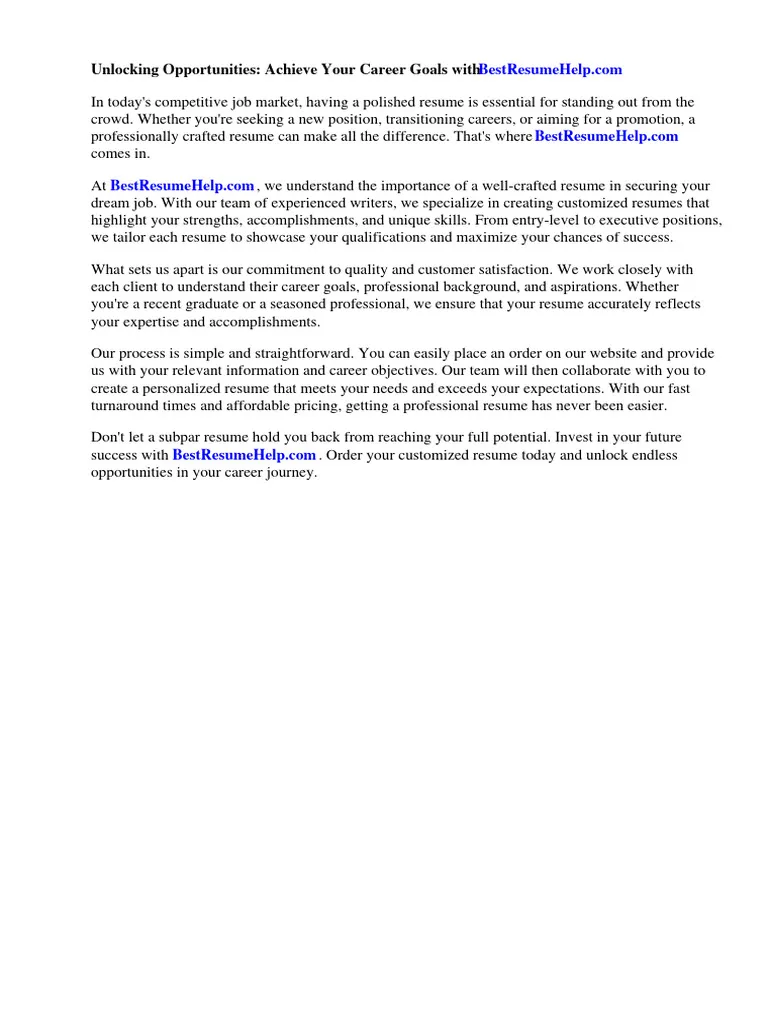
Clearly explain your motivations for pursuing a career as a corrections officer. Discuss your reasons for choosing this field and what drives you to serve. Show your genuine interest in contributing to the safety and security of the community. Address why you are interested in this specific role and what motivates you to apply. This demonstrates your dedication to the role and your commitment to upholding the law. Consider expressing your passion for community safety and rehabilitation.
Aligning with the Organization’s Values
Research the organization’s values and mission and explain how your personal values align with theirs. This demonstrates that you have a good understanding of the organization and that you are likely to be a good cultural fit. Mention specific values, such as integrity, respect, and professionalism, and provide examples of how you embody those values. This alignment showcases that you are not just qualified, but also a great fit for the team. This will help to strengthen your application.
Call to Action and Closing
The closing section of your cover letter should express your gratitude, provide your contact information, and include a strong call to action. This provides a professional and positive conclusion and reinforces your interest in the position. Properly closing your cover letter will leave a lasting positive impression on the hiring manager.
Expressing Gratitude
Express your gratitude for the hiring manager’s time and consideration. Thank them for reviewing your application and for the opportunity to be considered for the role. This shows professionalism and respect. Ending with gratitude is a great way to show your positive attitude and leave a lasting impression. A simple “Thank you for your time and consideration” is a good way to express your appreciation.
Providing Contact Information
Reiterate your contact information for easy reference. Provide your phone number and email address again. This makes it easier for the hiring manager to contact you for an interview. Ensure your contact information is easily accessible and accurate. Always double-check your contact details to avoid any potential communication problems.
Proper Closing
Use a professional closing such as ‘Sincerely,’ ‘Best regards,’ or ‘Respectfully.’ Ensure the closing matches the tone of your letter. Follow this with your full name. If you are submitting a hard copy, leave space for your signature above your typed name. Always proofread your entire cover letter before sending it. This ensures professionalism and attention to detail. Proofreading and editing are essential to ensure that your cover letter is free of any errors.
